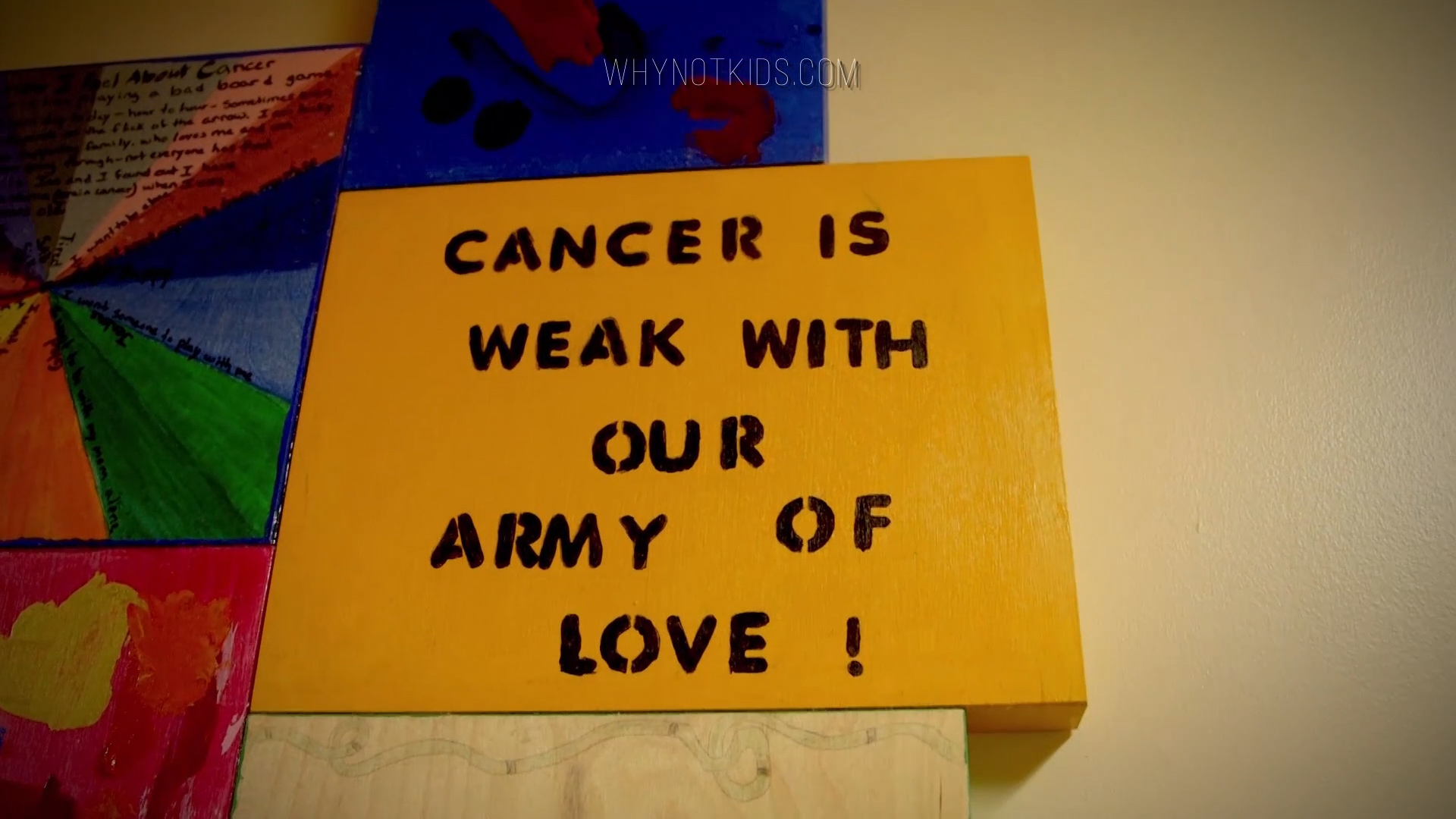
Although childhood cancer kills more children than all other diseases combined, only four percent of all national cancer funding is specifically allocated for pediatric cancer research making state-level investment critically important. There have been over 150 new drugs developed for treating adult cancers in the last 3 decades but only 4 approved for kids.
While survival rates have improved, two-thirds of children who survive childhood cancer will face significant to life-threatening late effects.
More children may be surviving childhood cancer but ‘survival’ comes at a cost. Many childhood cancer survivors experience heart issues, organ failure, infertility, and even secondary cancers. Our kids deserve targeted, genomics-based research and treatment with less toxicity so that children are not merely surviving but thriving.
Some Cure rates remain at 0%
Many children diagnosed with a pediatric brain tumor have no hope for survival and cure rates remain the same as they were 40 years ago. Pediatric brain tumors have surpassed leukemia as the deadliest form of childhood cancer. Epidemiologists at the University of Kentucky have identified three clusters of pediatric brain tumors within the state. In these areas there is an 87% statistically significant higher rate of children diagnosed with Central Nervous System/Brain Tumors than what would be expected in other areas of the state and nation.
How would the $ be spent?
On Monday, August 20th the Kentucky Pediatric Cancer Research Trust Fund board voted to support 5 research proposals to lower overall morbidity and mortality of Kentucky children diagnosed with cancer. The research will focus on:
- Combining epidemiologic, geospatial, environmental and genetic research to understand the 87% higher incidence of pediatric brain tumors in Kentucky kids in 3 cluster areas of the state;
- Translation of research findings into novel drug development for movement toward clinical trials utilizing molecularly targeted therapies in Ewing’s sarcoma;
- New methodology for less invasive and earlier detection of relapsed Acute Lymphoblastic Leukemia;
- Investigation into new biomarkers for earlier identification of neurocognitive impact of chemotherapy;
- Expansion of basic science and clinical research utilizing CAR-T immunotherapy in Acute Myeloid Leukemia, neuroblastoma and pediatric brain tumors (currently only used for B-cell malignancies).